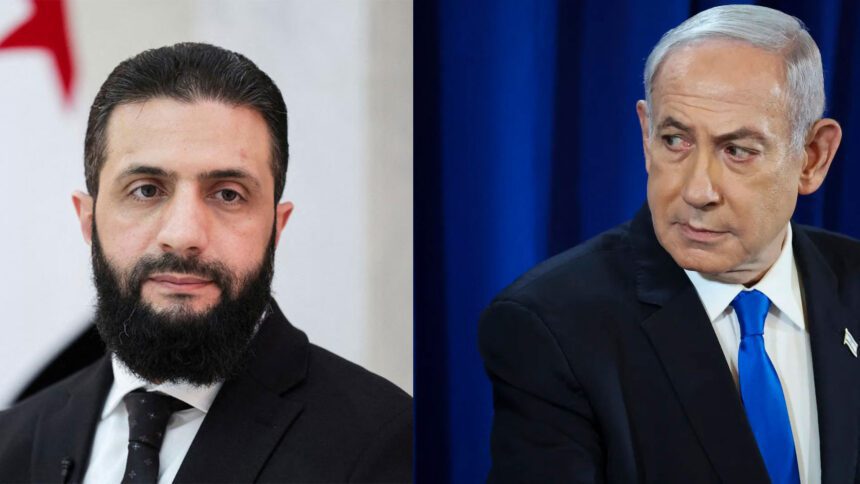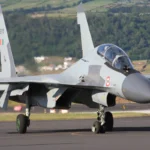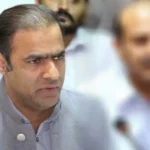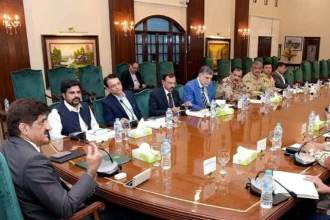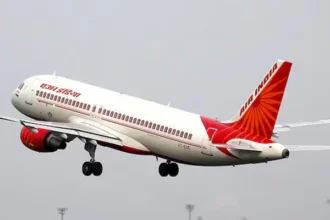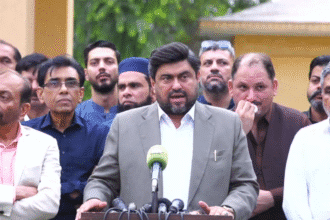Syrian President Ahmad al-Sharaa has announced that his government is engaged in indirect negotiations with Israel in an attempt to halt the ongoing Israeli strikes on Syrian territory. According to al-Sharaa, these talks are being conducted through mediators to avoid further escalation and prevent a situation where both sides lose control.
“We are working with all the countries that have contact with Israel to pressure them to stop interfering in Syrian affairs,” al-Sharaa stated at a press conference in Paris”
The Syrian President emphasized that the main goal of these negotiations is for Israel to adhere to the 1974 disengagement agreement, which mandates a separation between Israeli and Syrian forces along the boundary that divides Syria from Israel and the Golan Heights. The region has been a point of conflict since Israel captured the Golan Heights during the 1967 war.
Israel’s Military Actions in Syria
Since the fall of Bashar al-Assad’s regime in December, Israel has escalated its military presence in Syria, claiming the actions are necessary to prevent militant groups from forming within the country. These operations have sparked concerns regarding Israel’s long-term intentions in Syrian territory. Israel has described its incursions as temporary, but many reports suggest that the military will remain indefinitely in Syria.
In addition to airstrikes against military targets in Syria, Israel has established a buffer zone in southern Syria, ostensibly to protect Syria’s Druze minority. However, this move has raised questions about Israel’s broader objectives in the region. Recently, Israeli Border Police have begun operating within Syria, marking the first time in history that Israeli forces have taken such a step.
Diplomatic Efforts and UAE’s Role
Amid these military actions, there have been reports that the United Arab Emirates (UAE) has facilitated indirect talks between Israel and Syria. However, the UAE government has denied claims of mediating secret talks, stating that such information is false.
Despite these denials, the diplomatic channels remain open. Al-Sharaa’s visit to the UAE last month suggests that Arab countries are playing a role in helping Syria and Israel find common ground, especially regarding security and confidence-building measures.
Syria’s Economic Recovery and External Support
On the economic front, Syria is making efforts to recover from years of conflict. Recently, Qatar provided financial support to the Syrian government, helping to pay salaries to government employees who had not received wages for several months. This support is seen as part of the broader effort to help Syria rebuild and regain its footing after years of war.
Al-Sharaa’s government is also seeking to have EU sanctions lifted, which have contributed to the country’s economic struggles.
Sectarian Tensions and the Role of Israel
In addition to military incursions, Syria continues to face sectarian violence fueled by both internal and external factors. There are ongoing clashes between various religious and ethnic groups within Syria, and some experts believe that Israel’s interventions have contributed to the instability in the region.
Israel’s justification for its actions, particularly its support for the Druze minority, has been met with skepticism by critics who argue that the real aim is to strengthen Israel’s influence in the region rather than merely protecting vulnerable populations.
Turkey’s Influence in the Region
As Israel increases its presence in Syria, Turkey has also been growing its role in the region, particularly in the north. Turkey’s involvement in Syria has been focused on supporting certain local groups and helping to stabilize areas under its control. Turkey’s actions are often seen as a counterbalance to Israel’s influence and a way to maintain stability along its southern border.
Syria’s Commitment to Peace
Despite these challenges, President al-Sharaa has reiterated Syria’s commitment to peace and diplomacy. Syria remains open to talks with Israel, but al-Sharaa has emphasized that these discussions must respect Syria’s sovereignty and the 1974 disengagement agreement.
“We are committed to peace and stability. Our goal is to end the aggression and restore the Golan Heights to Syrian control,” al-Sharaa stated.
Looking Ahead: What’s Next for Syria?
Syria’s path forward remains uncertain, with ongoing military interventions by Israel and the internal struggle to manage sectarian tensions. However, Syria is actively seeking diplomatic solutions to de-escalate the situation and secure a future of peace and stability for its people.
As the international community watches, Syria’s efforts to rebuild, coupled with its diplomatic outreach, may shape the course of the region’s future. The outcome of these indirect negotiations with Israel, if successful, could pave the way for a new chapter in Syrian-Israeli relations and the broader Middle East.


